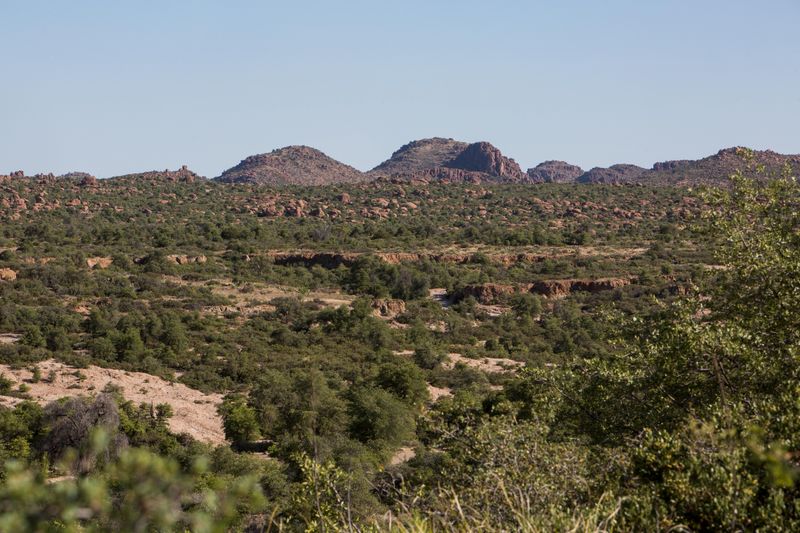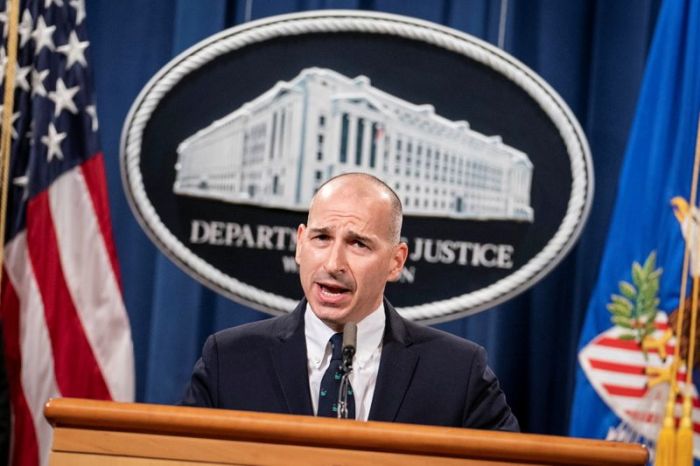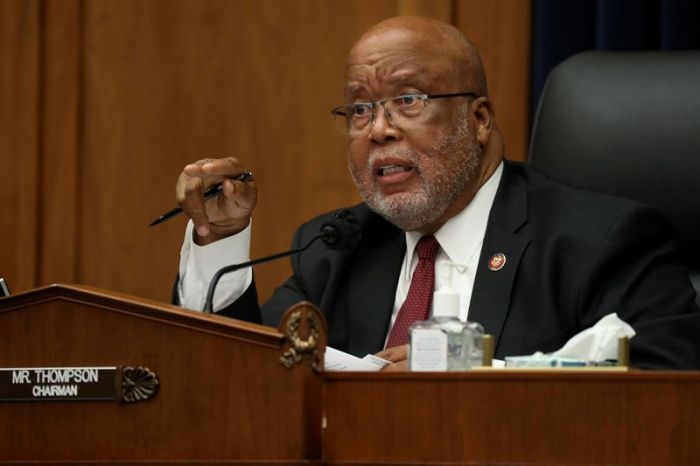(Reuters) – Members of Arizona’s San Carlos Apache tribe filed a property lien on Thursday in an attempt to regain control over land that the U.S. government is poised to give to Rio Tinto Ltd for the Resolution Copper mine.
The latest maneuver by tribal members opposed to the project asks a court to find that the U.S. government has illegally occupied the land for more than 160 years and has no right to give it to anyone.
The “United States of America does not own that land,” Apache Stronghold, a non-profit organization comprised of mine opponents, said in a court filing.
The mine could supply a quarter of U.S. copper demand if developed, but eventually destroy the land, known as Oak Flat, or Chi’chil Bildagotee, considered by Native Americans to be the home of religious deities.
Rio’s Resolution Copper subsidiary said it will monitor the case and remains “committed to ongoing engagement with Native American tribes to continue shaping the project and deliver initiatives that recognize and protect cultural heritage.”
Rio and development partner BHP Group Ltd have sought for years to access the underground copper deposit, about 70 miles east of Phoenix in the Tonto National Forest.
The U.S. Forest Service, which manages the land, declined to comment.
The deposit sits below land that belonged to the tribe before the United States existed. An 1852 treaty between U.S. officials and the tribe that is still in force set aside the land for the Apaches’ use.
In 2014, the U.S. Congress and then-President Barack Obama approved a plan to let Rio exchange land it already owns for land above the copper, with the caveat that the swap could not occur until an environmental study was published. The outgoing Trump administration plans to publish that study on Friday, clearing the way for the exchange within 60 days.
Tribal members have also filed a lawsuit seeking to block the study’s publication.
The lien is essentially a next line of defense if that lawsuit fails. Last year, the U.S. Supreme Court upheld 19th century land treaties between Washington and Oklahoma tribes, a precedent that could bolster the Apaches’ lien request.
Rio has promised to seek the tribe’s consent for the mine. Even if Rio were to gain control of the land, the company still needs federal permits, a process that both sides acknowledge could take years.
(Reporting by Ernest Scheyder; Editing by Peter Cooney, Dan Grebler and David Gregorio)

























